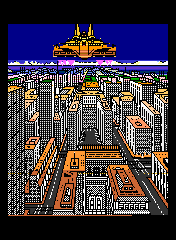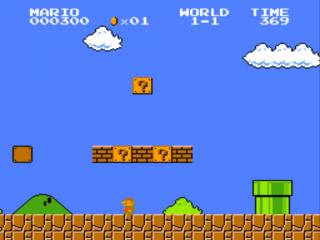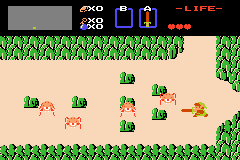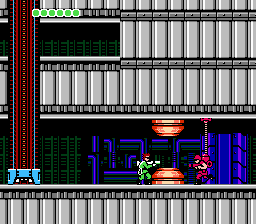In considering the inevitable online and journalistic discussion of 2009's Game of the Year candidates, I went back and listened to one of my favorite Bombcasts: the nearly 3 hour epic discussion/battle royale between Metal Gear Solid 4 and Grand Theft Auto 4 for that honor last year. It always is interesting (at least for me) to look back and see what was the best, especially in a yearly model. Thus I started thinking to my self, "Hey, Self, you've been around for 25 of those year and three months of another. What were the best games of those respective 365-day cycles?"
So here I attempt to give my nominees for that honor: Game of the Year, for every year I've been alive, starting with 1984 and resulting in my decision for 2009. Before I begin, a few ground rules:
1. I have played any game I name as the best; I can't just assume all the good things I've heard are true
2. There can be only one. No ties, no matter how amazing a year was. I'm looking at you, 98.
3. The release dates are based on the North American release; this will become mostly important in the NES years, when there were years that seperated some of the best titles coming out in the US. I refer to Giant Bomb and Wikipedia for accurate release dates.
4. All of these are of course my subjective (if I'd like to think informed) opinion. Feel free to discuss and disagree in comments. That's what this is for, really.
So without further ado, lets start off with:
1984
Marble Madness (Arcade)

1985
Alternate Reality: The City (8-Bit Atari Computers)

1986
Super Mario Bros. (NES)

1987
The Legend of Zelda (NES)

1988
Bionic Commando (NES)

And that will do it for now. Tune in next week when I cover year 1989-1993. Here's a hint: there's more Nintendo.
Log in to comment